A review of TB controls in Northern Ireland (NI) by the chief veterinary officer, Brian Dooher has suggested a new approach in a bid to get both farmers and conservationists onside with the thorny issue of wildlife intervention.
Commissioned by NI Agriculture Minister, Andrew Muir, the report by Dooher outlines his own views across a wide range of TB-related issues. Ultimately it will be up to Minister Muir to decide how best to proceed.
The Dooher analysis builds on a lot of the recommendations made in a report published in 2016 by an expert TB Strategic Partnership Group. That report formed the basis for a TB eradication plan from the Department for Agriculture, Environment and Rural Affairs (DAERA) in 2022.
However, a legal challenge from badger campaigners effectively blocked a key part of that plan which was to undertake a non-selective cull of badgers in TB hotspot areas of NI by controlled shooting.
Engage
On the other side of the argument are farming organisations, who have refused to engage with DAERA around issues such as stricter movement controls and changes to compensation payments for reactors, until DAERA address the reservoir of TB in wildlife.
To try to unblock this impasse, Dooher has put forward a “potential novel wildlife intervention scenario”. It relies on a five-year research study done in a 100km2 area of County Down between 2014 and 2018. Known as Test : Vaccinate : Remove (TVR), it involved trapping badgers, testing them for TB, vaccinating those that are healthy and euthanising any with infection.
Evidence
The Dooher proposal is that in “sub-areas” chosen for wildlife intervention work, TVR is used in the first year. If TB infection rates in badgers are low, vaccination of badgers across the area would be rolled out the following year. However, if TB rates in badgers are above a threshold, a “short, intensive cull” of badgers would be done.
In effect, all the scientific evidence suggests there is no point vaccinating TB infected badgers and widespread vaccination will only be successful if disease levels are at a low level.
The policy in each sub-area will be reviewed annually.
In his report, Dooher is also clear that badgers are “important maintenance hosts” for TB and if eradication is to be achieved, all possible factors that contribute to spread and persistence of the disease must be addressed.
In that regard, his report goes into a lot of detail around tighter movement controls for TB breakdown herds, the potential options to reduce the amount spent on compensation for reactors and the need to improve biosecurity on farms. Many of his proposals will be unpalatable for farmers, especially if the Department are slow to deal with TB in wildlife.
Group
In the meantime, a new TB steering group is to be established in January 2025, comprising representatives from farming, wildlife and veterinary organisations.
It is to identify the immediate priorities for action, with a delivery plan to be with Minister Muir before the end of March 2025.




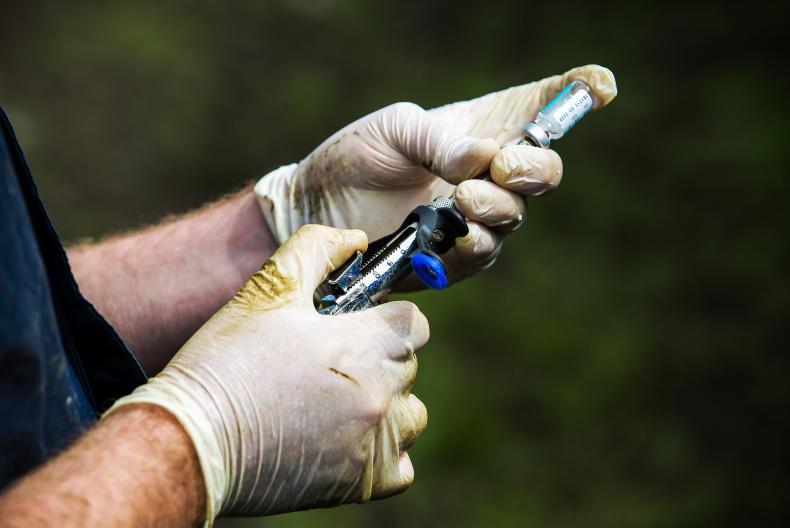
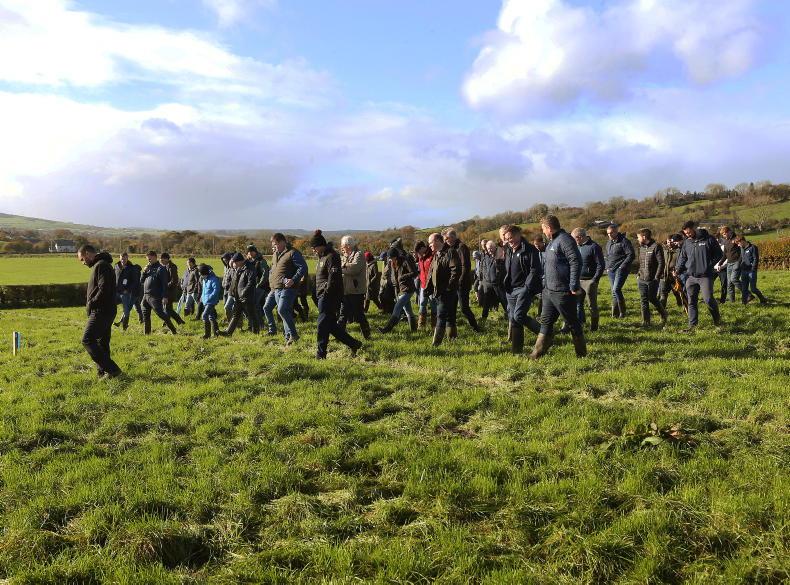
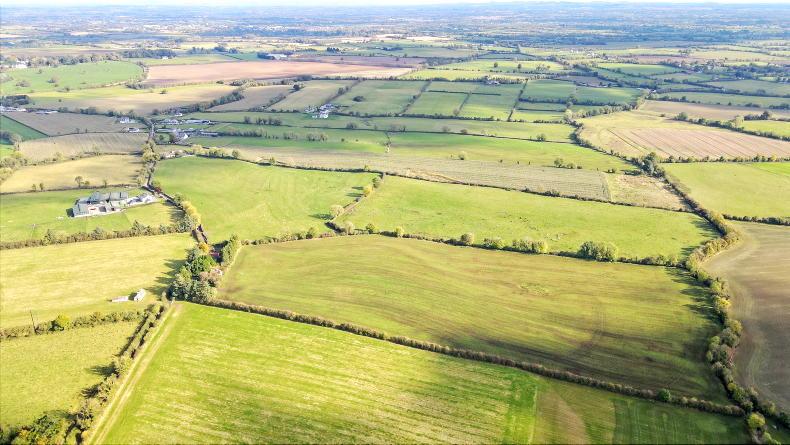
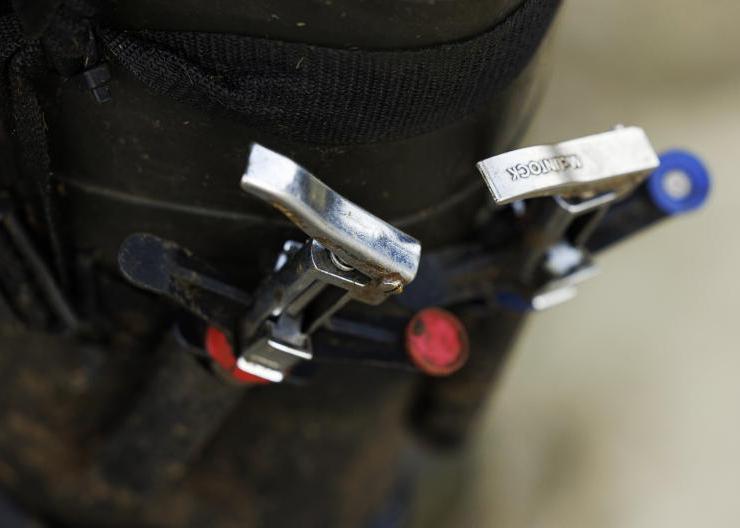
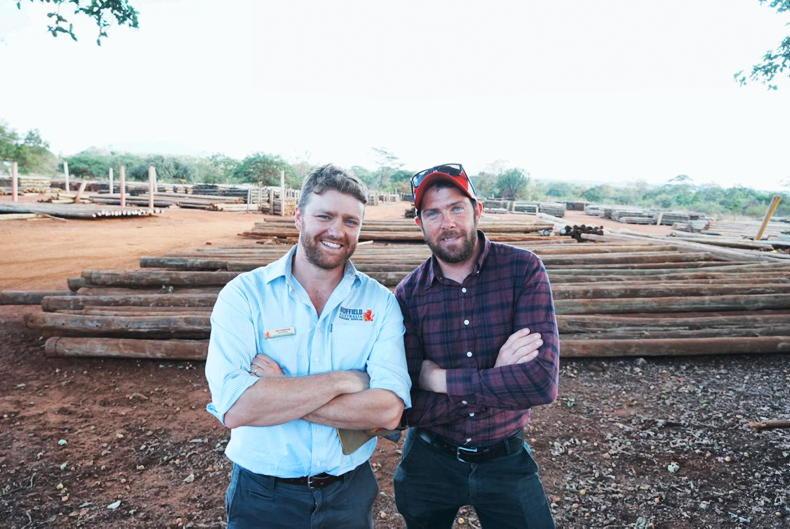
SHARING OPTIONS